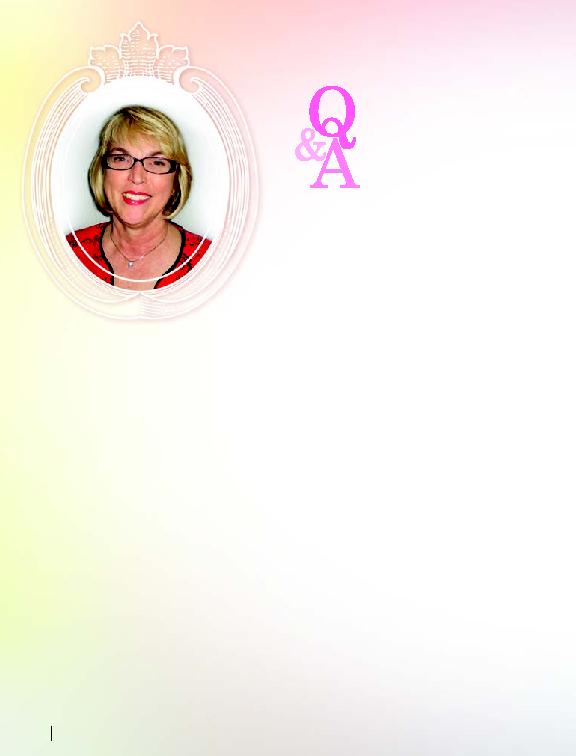
overwhelming challenges?
but the challenge itself is not over-
whelming because we have re-
sources both spiritual and physical
that are available to us.
challenge?
challenge is that we are so sur-
prised and shocked by the chal-
lenge itself that we sometimes slow
the process of resiliency and heal-
are in fact hurting, at a loss and
feeling completely out of control.
The quicker we can deal with the
reality of the challenge, the bet-
ter for our overall healing. Deal-
ing with reality means that we are
clear about the challenge itself.
We have defined the issue without
denial or exaggeration. We have
asked for the help and support we
need. We avoid being a victim. We
stay emotionally in the present,
not in the past or the future.
One of the major theories of
trauma is that we immediately go
into shock and denial and try to
act as if there really is no trauma,
no sense of urgency. We then avoid
trauma recovery and crisis intervention. She also does consulting to help people recover from
trauma and abuse. Since 9/11 she has served as a consultant to The Salvation Army Eastern
Territory and the Church World Service Disaster Relief Division. In the following interview
with Editor in Chief Major Allen Satterlee, she discusses the challenges and opportunities we
face when challenges and circumstances seem overwhelming.
for life-threatening situations so
that when the event occurs, the
training is so embedded that there
is an automatic response. While no
one wants to think about a catas-
trophe or some long-term, chronic
situation, we might want to plan
ahead and practice our fire drills.
likely not get better?
continuum of here and now. Scrip-
turally, our model is to live in the
moment. It's not just a matter of
avoiding the hopeless kind of road